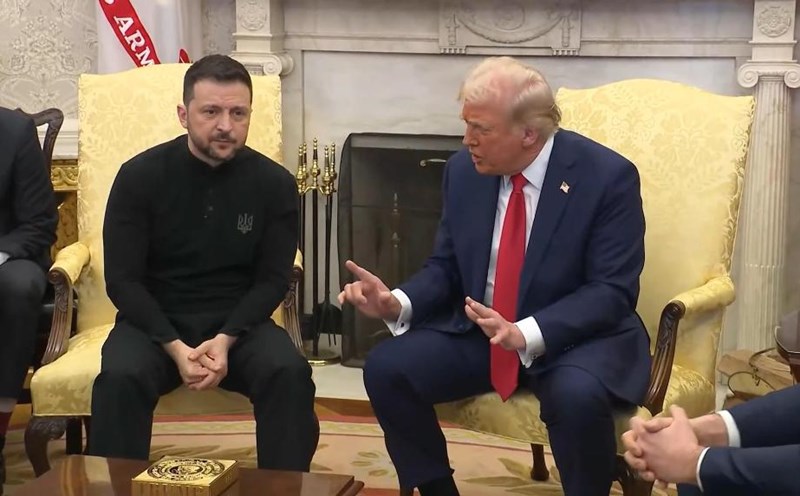NBC News reported that on March 30, US President Donald Trump announced that he would impose countervailing tariffs on all countries, instead of limiting them to the group of 10 to 15 countries with the largest trade deficit with the US.
In an interview with Air Force One, Trump revealed that the large-scale tariff plan will be announced on April 2, a day he calls Liberation Day.
Previously, White House Economic Advisor Kevin Hassett shared with Fox News that the US administration plans to focus on applying tariffs to the group of 10 to 15 countries that cause the most serious trade imbalance, although not specifying the specific list.
According to NBC News, Mr. Trump views the tariffs as a measure to protect the domestic economy from unfair competition globally, and at the same time a negotiating tool to achieve more favorable conditions for the US.
In addition to tariffs on imported aluminum, steel and cars, Trump has imposed an additional 10% tariff on all Chinese goods since early March. On March 29, speaking at the White House, he reiterated the 25% tax rate on imported cars and affirmed that all cars not manufactured in the US will be subject to a permanent tax.
Mr. Trump's tax policy has raised concerns about the risk of a trade war between the superpowers, even an economic downturn in the US.
Last week, Mr. Trump said that the countervailing tariff plan could be adjusted but only in the case of applying a tax at a lower level than the tax that other countries are imposing on US goods.
In February, Mr. Trump signed a memorandum of understanding, directing US trade officials to review each country to make a list of appropriate responses.











